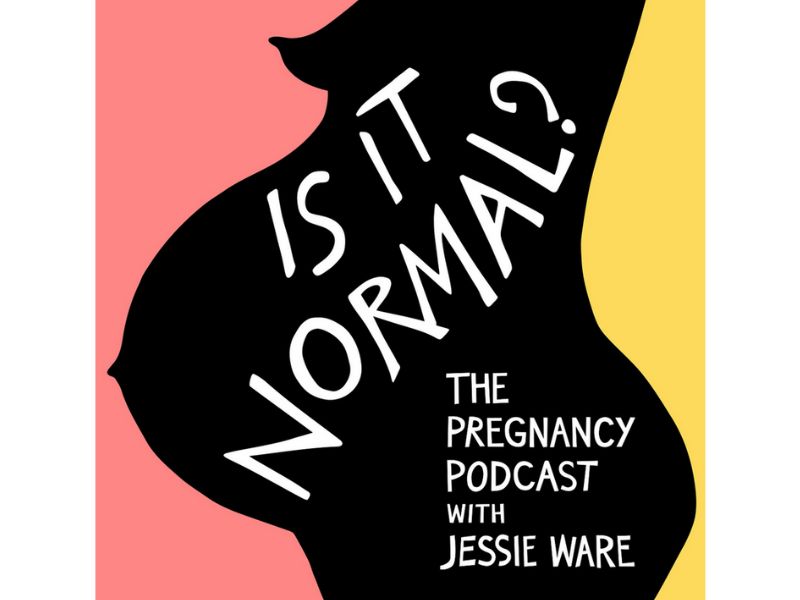
By Laura Ashley-Timms
Of all those who suffer from burnout, two types of people are at a greater risk than anyone else: women and workers under 30. Women experience far higher levels of burnout than men and, in a recent survey of 12,000 adults, 98% of those aged 18-24 reported symptoms of burnout.
In recent years, we‘ve become increasingly aware of burnout in the workplace, leading to a shift in priorities among the UK workforce, particularly for those of Generation Z. For this generation, the pursuit of meaningful work and a supportive work environment is non-negotiable—and they’re not afraid to leave companies that don’t provide it; 78% of Gen Zers were considering changing jobs in 2023.
Craving meaningful work
We all know the feelings of burnout – negative and cynical thoughts about work, exhaustion, and the inability to complete tasks. Not only does it affect how you operate when you’re at work, but it can also seep into your home life as well.
But happiness at work can come from finding our purpose and connecting the dots between the work that we do and the value this brings to the overall goals of our team. This is why it’s so important that leaders create a culture where a shared vision drives teams onward – an intrinsic connection to why we’re doing what we’re doing.
Generation Z in particular places a high value on finding purpose and meaning in their professional lives. They’re more inclined to activism and believe strongly in social justice. Technology has given them a voice and they are using it to speak up. They equally desire empowerment and autonomy in the workplace which can foster creativity, innovation and a sense of ownership of their roles – something that makes burnout harder to take hold.
Adapting workplace dynamics
Workplaces must, and indeed have a responsibility, to adapt if they are to attract, retain and help Generation Z talent to thrive. This of course will benefit all employees, whether you’re a millennial, a baby boomer or a traditional – when 25% of the workforce calls for change (as Gen Z will be by 2025), “this is the way we’ve always done things” becomes an unacceptable response.
So what needs to change?
-
Create a culture of appreciation
When working with Gen Zers, appreciative feedback should be used to cultivate a culture of professional development and appreciation. Offer positive feedback for behaviours, outcomes or habits that you want to see more of, in a tone that emphasises how to be more effective in future. Recognise when a Gen Z employee is doing well, not just when they do something wrong. The key is to avoid using feedback that assigns any blame, as this can encourage a blame culture and stifle creativity. Furthermore, appreciation assigns value to the work that an employee does and helps them understand the important role they play within larger goals and strategies – key for developing meaning at work.
-
In with autonomy and out with micromanagement
Gen Zers often struggle in workplaces with strict hierarchical leadership in place. It’s particularly challenging when management follows a traditional command-and-control model allowing employees little input in their day-to-day activities. By learning how to adopt more of an enquiry-led approach to leadership, spotting those opportunities where asking powerful questions might generate a better outcome, managers invite their team to problem-solve and make their own decisions. For instance, when a Gen Z employee flags a problem, it can be tempting for a colleague or manager to solve the problem for them, effectively doing the work yourself. But this removes their autonomy and devalues their input. Instead, next time someone confronts you with an issue, STOP, and ask a powerful question that stimulates their thinking allowing them to begin solving the problem themselves.
-
Make Learning & Development a two-street
Over time, the collaborative approach detailed above can result in more creative and inclusive workplaces overall. By asking questions of Gen Zers, we gain an insight into their unique thought processes which can help to bring balance to an issue. Inhomogeneous workplaces, where those who make the decisions are of a similar generation and never stop to invite the input of those around them, the output will always be the same. 79% of Gen Zers value having a manager who cares about their personal development. But who says this only works one way?
-
Set achievable goals
Setting lots of small, achievable goals helps to encourage motivation and again compounds to bring meaning to Gen Z’s contribution. Celebrate wins both big and small and make it clear how every team member’s actions supported the achievement of this goal.
-
Train managers accordingly
Unhappy employees very often cite a poor manager as the cause of their unhappiness. That’s why there can be no actionable change in the workplace without their buy-in. If you’re a manager, adapting your management style to solicit input by asking powerful questions can help you bring out the best in your Gen Z talent. If you’re a business leader, your managers urgently need help with their development so that they’re properly equipped not just with management knowledge but with the Operational Coaching® skills they need to adapt and engage with a changing workforce.
Unhappy employees cost the world’s economy $8.8 trillion in lost productivity, so tackling burnout is no longer the problem of individuals, but of organisations and their leaders too. It’s in everyone’s interest to facilitate a happier, healthier workplace – Generation Z won’t stand for anything less.
About the author

Laura Ashley-Timms is the COO of performance consultancy Notion, creators of the multi-award-winning STAR® Manager programme being pursued by managers in over 40 countries.
She is also the co-author of bestselling new management book, The Answer is a Question.








